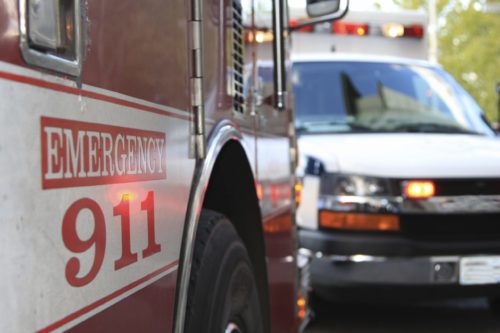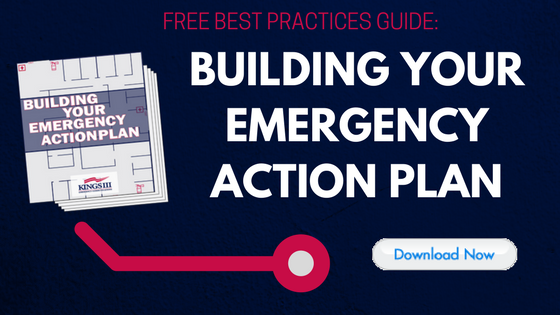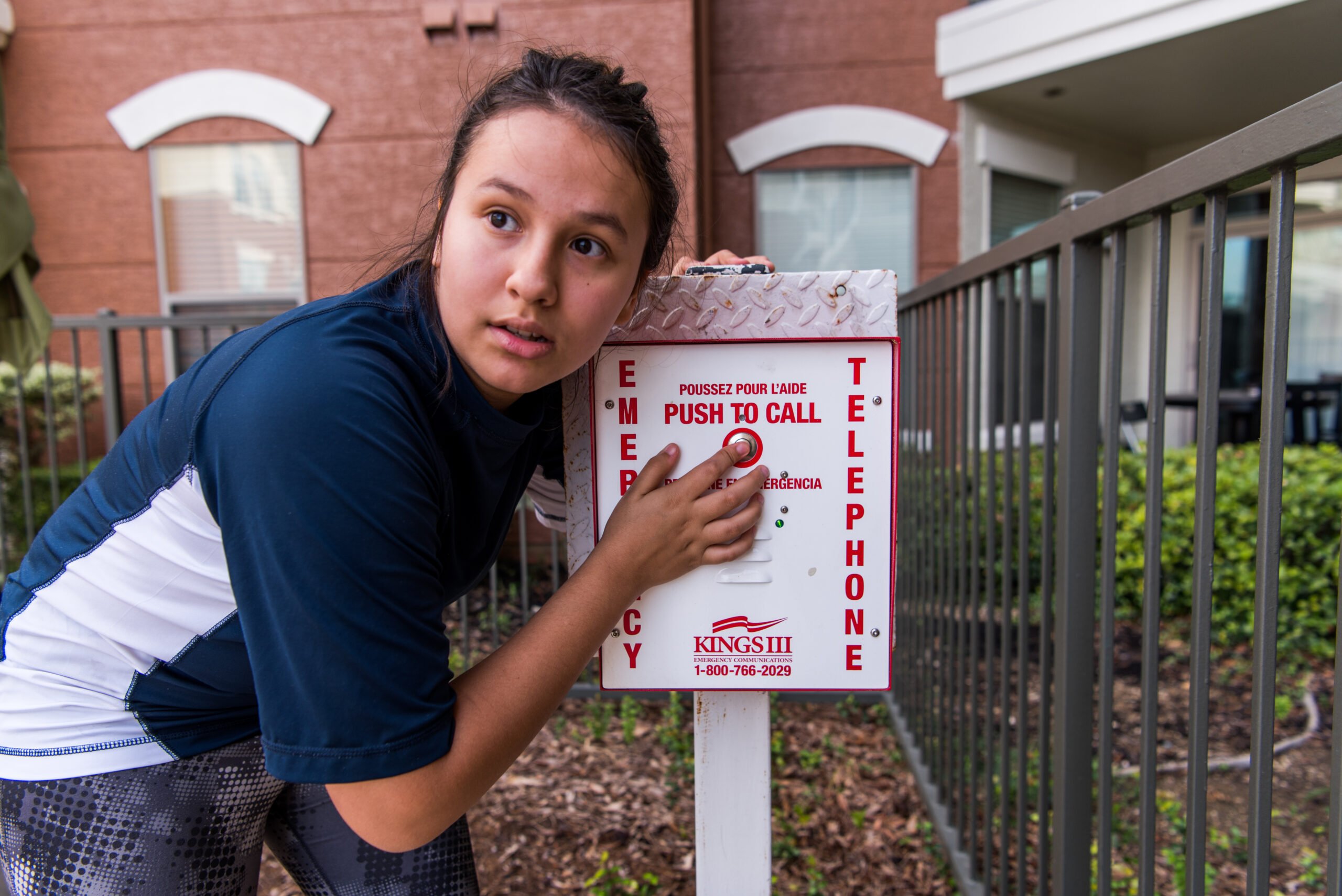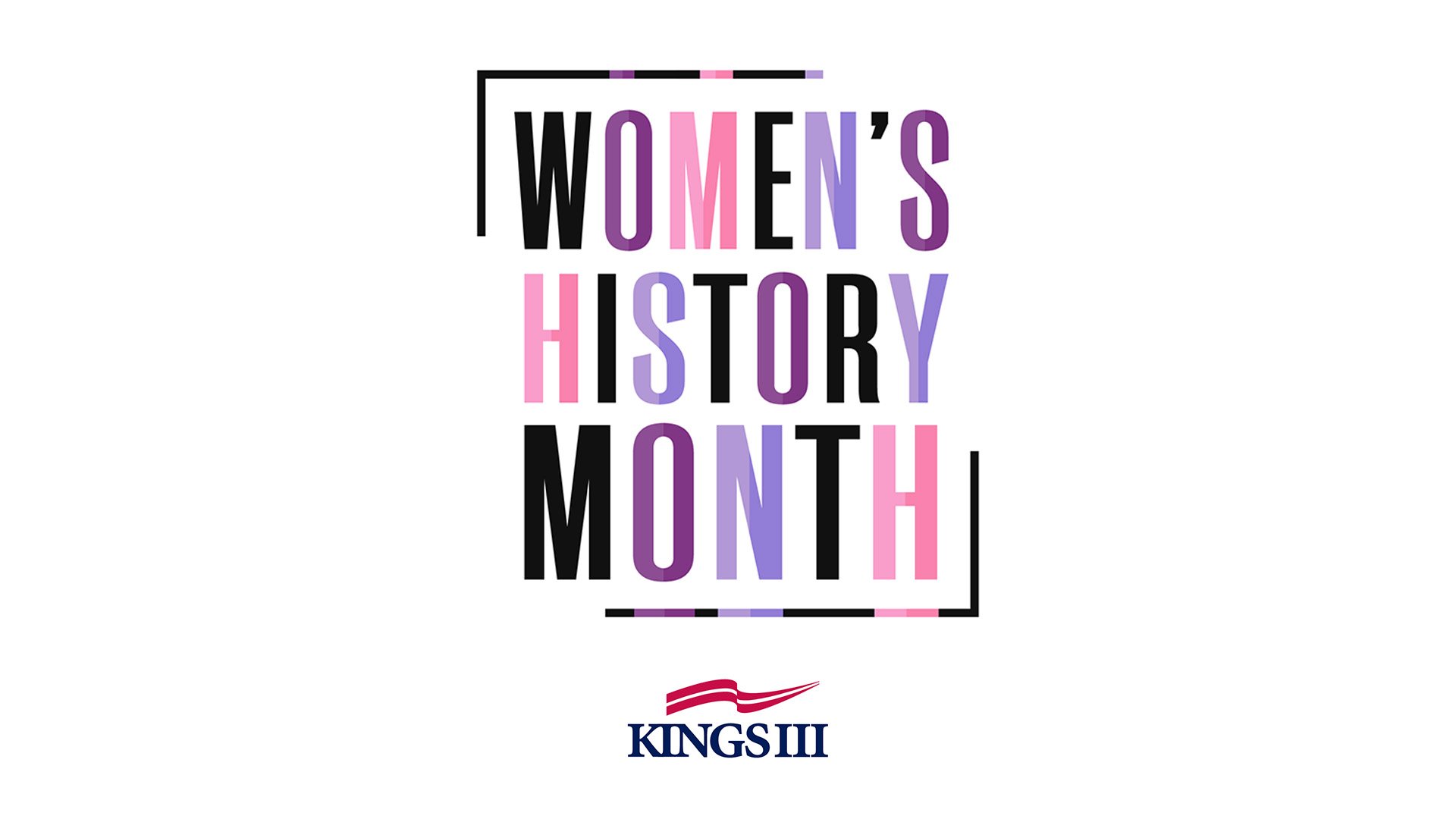BLOG CATEGORIES
Emergency Response Quick Reference Guide

Unfortunately, one of the scariest things about an emergency occurrence on your property is that, depending on the situation, you (and your tenants) may not be able to rely on the infrastructure that you have set in place to keep things running smoothly– items like electricity, communications, and others could be rendered useless or even dangerous. Emergencies can suddenly turn your safe, familiar, comfortable property into a danger zone. Gas, water, and other commodities could lead to secondary disaster situations, like fires or floods. Water and food could suddenly become scarce. Weather, crimes, violence, and health issues can also interrupt your property’s “normal.” Hopefully, you will never have to experience something horrible like this on-site, but these scenarios are not always preventable, and it is essential to have places to turn to help you and your tenants get through it.
Find out how to improve safety and reduce costs at your property
Our best-in-class emergency phone + monitoring solutions provide peace of mind and are backed by decades of expertise
Learn More
2022 ELLIES WINNER
Best Supplier -
Communication System
Here is a list of good emergency resources to get you started. Be sure to keep a printed copy in case your Internet or phone becomes inoperable.
First, make sure all tenants have a printed list of emergency contacts, including:
- 911
- When do you call 911? Some examples:
- Fire
- Criminal activity
- Someone has passed out
- Someone has become sick or is having a hard time breathing or is turning blue.
- Someone is choking.
- A serious car accident.
- Your office and/or security office.
- National Poison Control 1-800-222-1222
- Note: The National Poison Control Center can be a lifesaver even if you are not sure if the suspect is actually poisoned. Knowing is safer than guessing, and quick action can help save a life.
- You can also go online and seek help with the webPOISONCONTROL tool. Both the tool and the phone number are free, expert, and confidential.
It is recommended that you also post these references on walls and common areas throughout the property.
Read our blog post on how to prepare for the worst in an emergency situation.
Wireless Emergency Alerts (WEAs)
These alerts are made available through the Integrated Public Alert and Warning System (iPAWS). The system warns the public about serious emergencies by sending alerts to smartphones. Alert-related subjects can come from:
- The National Weather Service
- The National Center for Missing and Exploited Children
- The President of the United States
In order to make sure you are connected to these alerts, check with your phone’s service provider. Be sure to inform your tenants that they have access to these resources.
See our free guide: Building Your Emergency Action Plan >>
Emergency Alert System
The Emergency Alert System (EAS) is a national public warning system that requires broadcasters, satellite digital audio services and direct-broadcast satellite providers, cable television systems, and wireless cable systems to provide the President of the United States with a communications capability to address the American people within 10 minutes of a national emergency. It may also be used by state and local authorities. It can be accessed when other means of alerting the public are not working or unavailable.
The Federal Emergency Management Agency (FEMA)
The Federal Emergency Management Agency (FEMA) works to reduce the loss of life and property and protect our institutions from all hazards by leading and supporting the nation in a comprehensive, risk-based emergency management program of mitigation, preparedness, response, and recovery.
Here, FEMA offers tips for communicating during an emergency.
Weather references
The National Oceanic and Atmospheric Administration (NOAA) offers a nationwide network of radio stations that broadcast continuous weather information directly from the nearest National Weather Service Office. This agency works in collaboration with the Federal Communications Commission’s (FCC) Emergency Alert System.
Read our blog post on flash flood protection and related safety tips.
Active shooter situation
Public health emergencies
The unfortunate recent state of the world has made us all too aware of the need for recommendations and guidance when it comes to widespread health issues. In scenarios like these, be sure to refer to Centers for Disease Control and Prevention: 1-800-232-4636.
Make sure your property has a first-rate and unfailing emergency communications system.
Kings III Emergency Communications provides an all-inclusive solution including code-compliant installation, maintenance, and 24/7/365 state-of-the-art monitoring and dispatch services for our top-of-the-line emergency telephone equipment for elevators, pools, parking areas, and more.
Keep in mind that smartphones, as wonderful as they are, can become unreliable in an emergency. Your device can lose battery power or drop its signal. It can also become damaged or inoperable by water or shut down in extreme heat and cold. Taking the time to charge your phone may be precious moments lost (read more about this in our recent blog post).
Kings III operators are all Advanced Emergency Medical Dispatch certified (AEMD), allowing them to give your tenants step-by-step pre-arrival medical instructions until help arrives, including CPR, if needed. An AEMD certification meets and exceeds all national safety requirements, allowing for dedicated attention in any emergency. Find out more here.
















